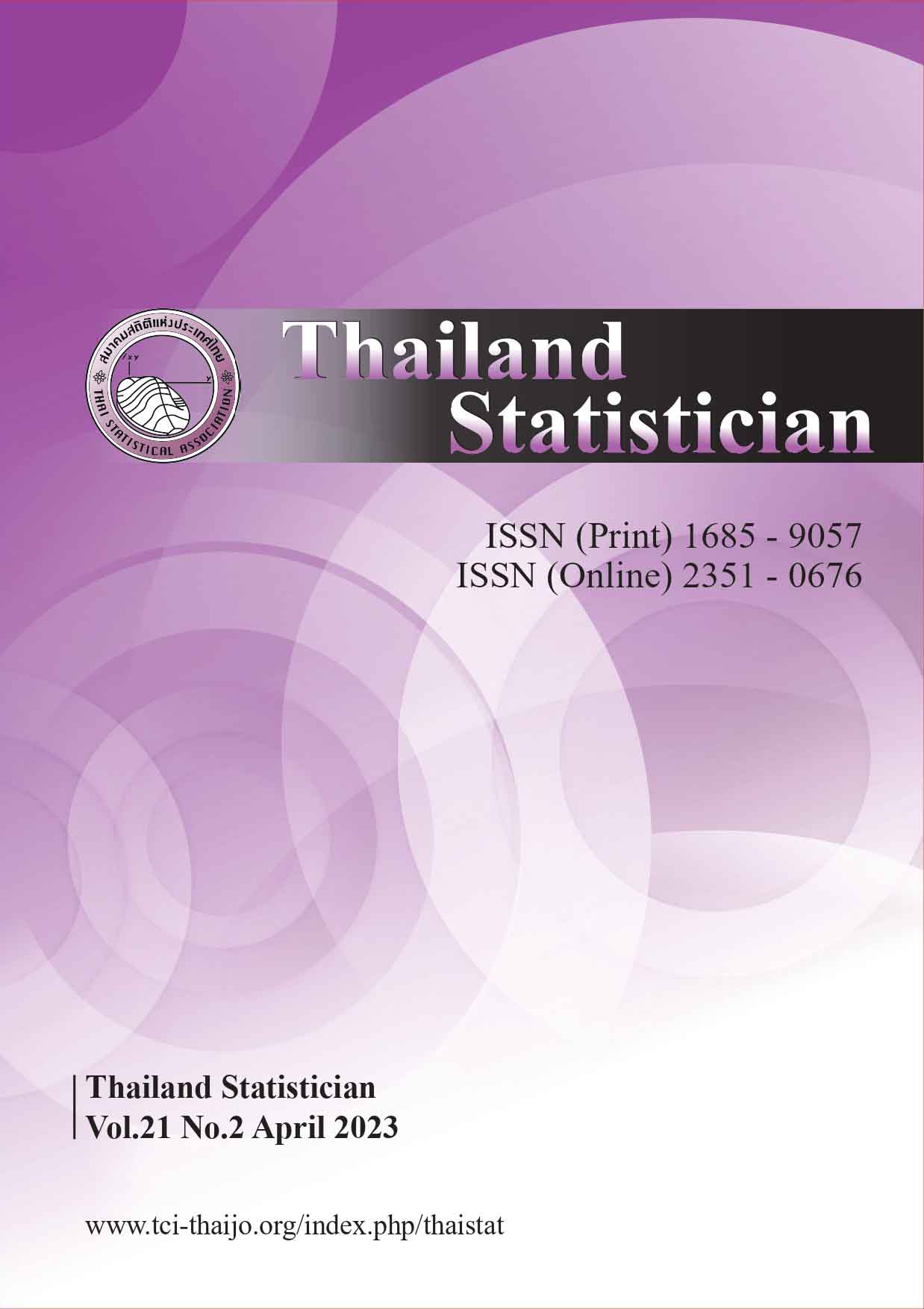Meta-Analysis Unconstraining Method for Two-Class Overbooking Model
Keywords:
Demand forecasting, static model, airline passenger, airline industry, stochastic model, revenue managementAbstract
Accurate demand forecasting is crucial for airline revenue management. However, it is difficult to forecast demand accurately since the historical data does not reflect the actual current demand. In order to obtain a better estimate of current demand, there are a number of unconstraining methods available. In this study, we used the meta-analysis (MA) technique applied to unconstraining data to improve the performance of the two-class overbooking model. The accuracy and expected profit are computed and compared to other methods often used, for example, the expectation-maximization (EM) method and the naïve methods (N1, N2, and N3). Our numerical study found that the MA produces a better MAPE in most situations with high accuracy for demand forecasting and the highest expected profit in all situations, which is greater than other methods, approximately 11.71% to 17.76%.
References
Dempster AP, Laird NM, Rubin, DB. Maximum likelihood from incomplete data via the EM algorithm. J R Stat Soc Ser B Methodol. 1977; 39(1): 1-22.
Hedges LV, Olkin I. Statistical methods for meta-analysis. Florida: Academic Press; 2014.
Little RJ, Rubin DB. The analysis of social science data with missing values. Sociol Methods Res 1989; 18(2-3): 292-326.
Littlewood K. Forecasting and control of passenger bookings. J Revenue Pricing Manag. 1972; 4(2): 111-123.
McLachlan G, Krishnan T. The EM algorithm and extensions. New Jersey: John Wiley & Sons; 1997.
Pölt SP. From booking to demand: the process of unconstraining. Proceeding of the AGIFORS Reservations and Yield Management Study Group, New York, USA; 2000.
Saleh R, Chatterjee H. Estimating lost demand with imperfect availability Indicators. Proceedings of the AGIFORS Reservations and Yield Management Study Groups, Montreal, Canada; 1997.
Skwarek DK. Competitive impacts of yield management system components: forecasting and sell-up models. PhD [dissertation]. Cambridge (MA): Massachusetts Institute of Technology; 1996.
Somboon M, Amaruchkul K. Combined overbooking and seat inventory control for two-class revenue management model. Songklanakarin J Sci Technol. 2016; 38(6): 657-665.
Somboon M, Amaruchkul K. Applied two-class overbooking model in Thailand’s passenger airline data. Asian J Shipp. Logist. 2017; 33(4): 189-198.
Suriya K. The impact of low cost airlines to airline industry: an experience of Thailand. J Ekon Malays. 2009; 43: 3-25.
Weatherford L, Pölt S. Better unconstraining of airline demand data in revenue management systems for improved forecast accuracy and greater revenues. J Revenue Pricing Manag. 2002; 1(3): 234-254.
Weatherford L. The history of forecasting models in revenue management. J Revenue Pricing Manag. 2016; 15(3): 212-221.
Zeni RH. Improving forecast accuracy in revenue management by unconstraining demand estimate from censored data. PhD [dissertation]. Newark (NJ): Rutgers University; 2001.
Downloads
Published
How to Cite
Issue
Section
License

This work is licensed under a Creative Commons Attribution-NonCommercial-NoDerivatives 4.0 International License.




